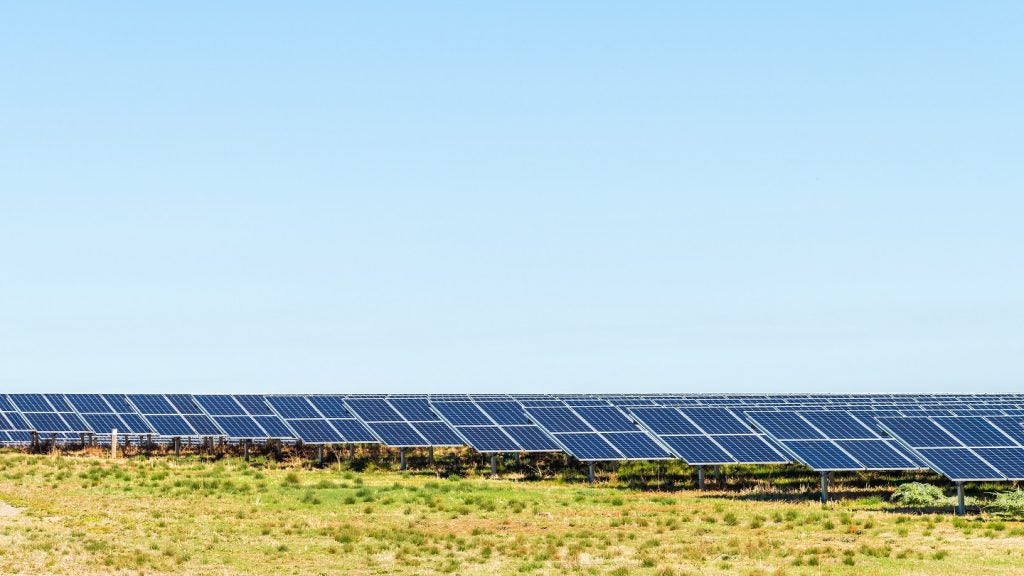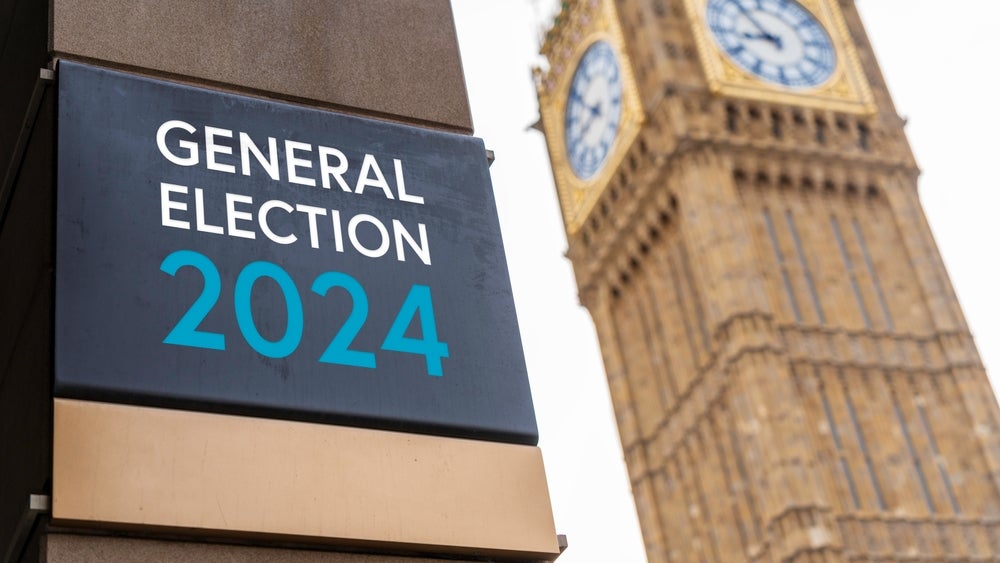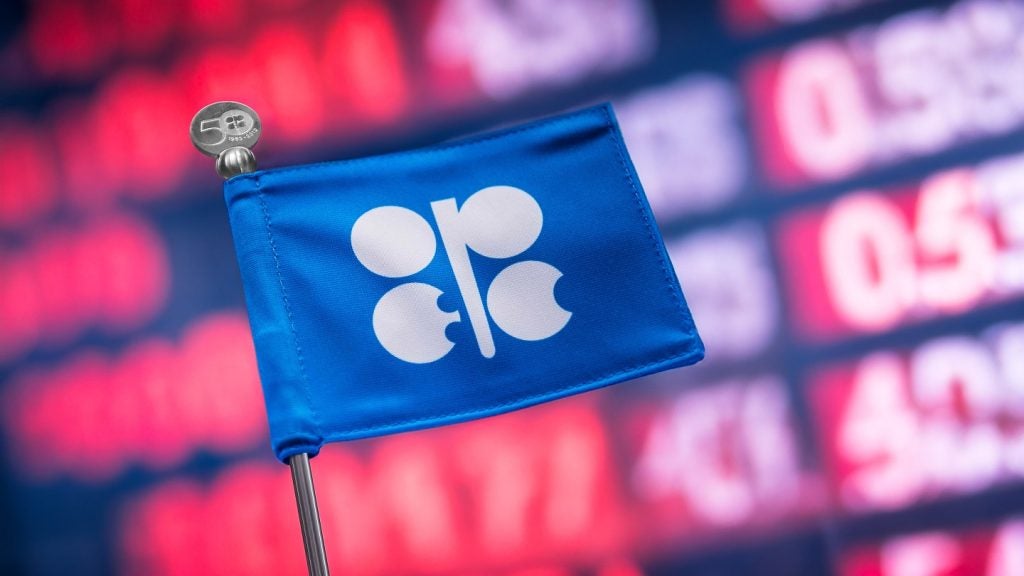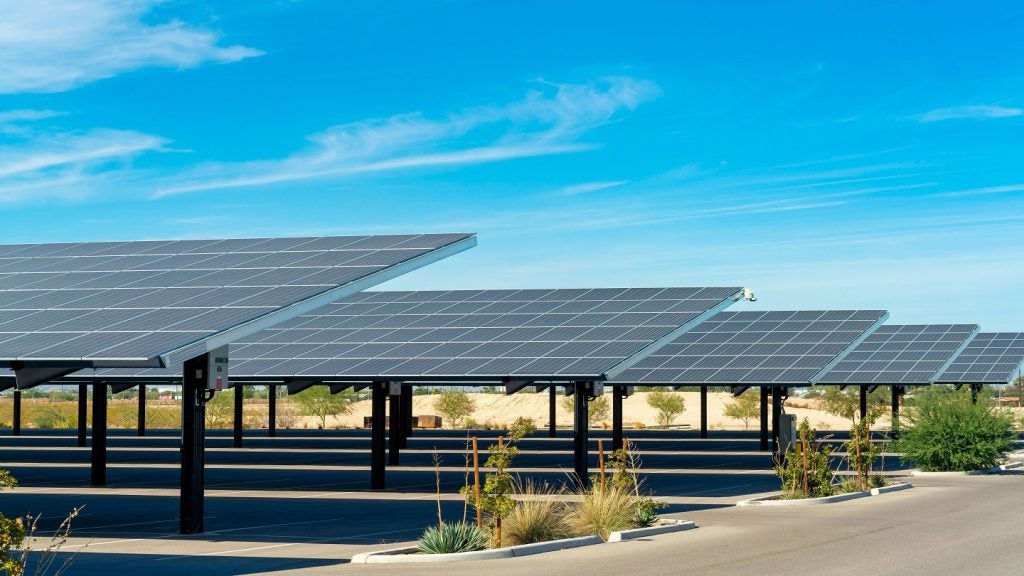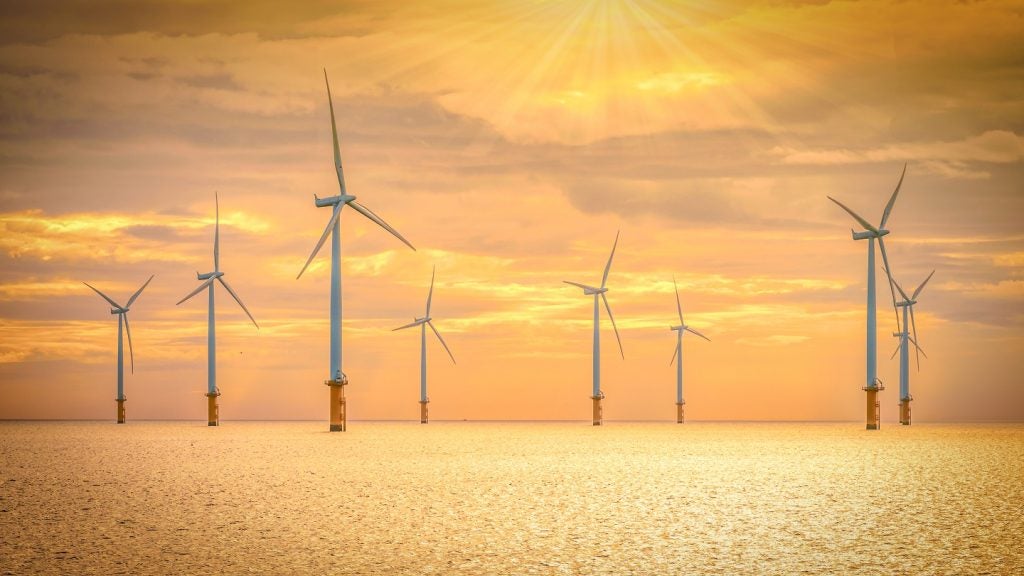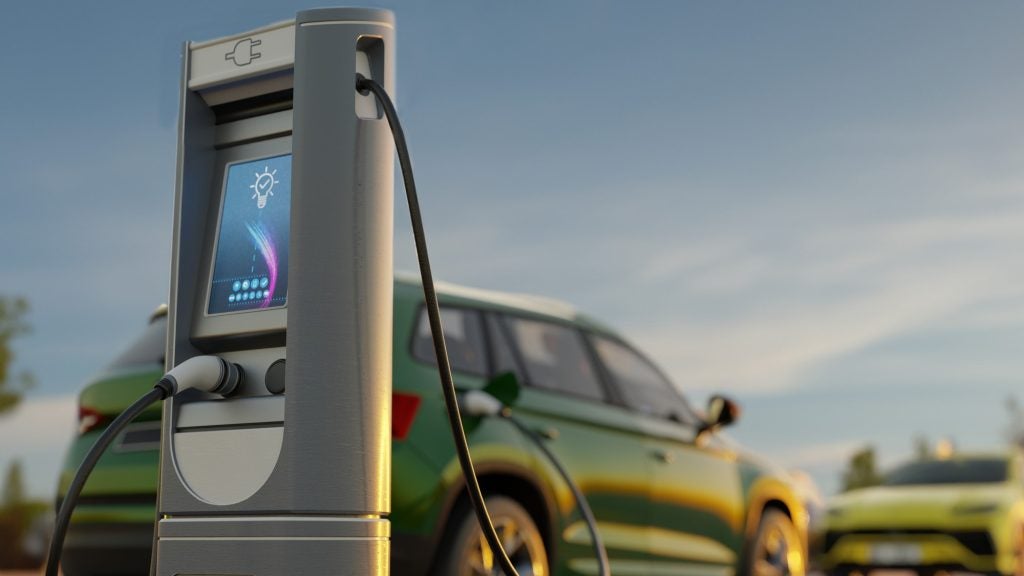ACWA Power has achieved financial closure for the $533m Tashkent Riverside project in Uzbekistan.
The project encompasses a 200MW solar photovoltaic (PV) plant and a 500 megawatt hours (MWh) battery energy storage system (BESS), the largest in Central Asia, aimed at bolstering the Uzbek grid.
The agreements, totalling $386m in debt, were signed with a consortium of six lenders, including the European Bank for Reconstruction and Development (EBRD), the Islamic Development Bank, DEG, Proparco, Standard Chartered and KfW-IPEX Bank.
This funding accounts for a substantial portion of the project's total cost.
The Tashkent Riverside project is pivotal for Uzbekistan's goal to transition to a low-carbon economy and diversify its energy mix. By 2030, the country aims to produce 40% of its electricity from renewable sources.
The BESS component will counteract the variability of renewable energy, storing surplus power and releasing it to maintain a consistent supply.
ACWA Power's investment in Uzbekistan now stands at 11.6GW with 10.1GW from renewables.
This includes Uzbekistan's first green hydrogen project, with an annual capacity of 3,000t.
The company recently entered a $4.85bn power purchase agreement with the National Electric Grid of Uzbekistan for the Aral 5GW Wind Independent Power Producer (IPP) project, set to be the largest wind farm in Central Asia.
ACWA Power CEO Marco Arcelli stated: “In a world that is looking for greater participation of private capital in emerging markets to support growth and decarbonisation, Uzbekistan is a case study under the vision and leadership of its government and lenders like such as EBRD, DEG, the Islamic Development Bank, Proparco, the KfW-IPEX Bank and Standard Chartered.
“The agreement today for the Tashkent Riverside project reflects the strong trust placed in ACWA Power as the private sector partner, and one of the global leaders in renewables and energy storage.
“This trust is built on our unparalleled track record and we look forward to the successful execution of this new project to contribute to the country’s ambitious low-carbon future.”


